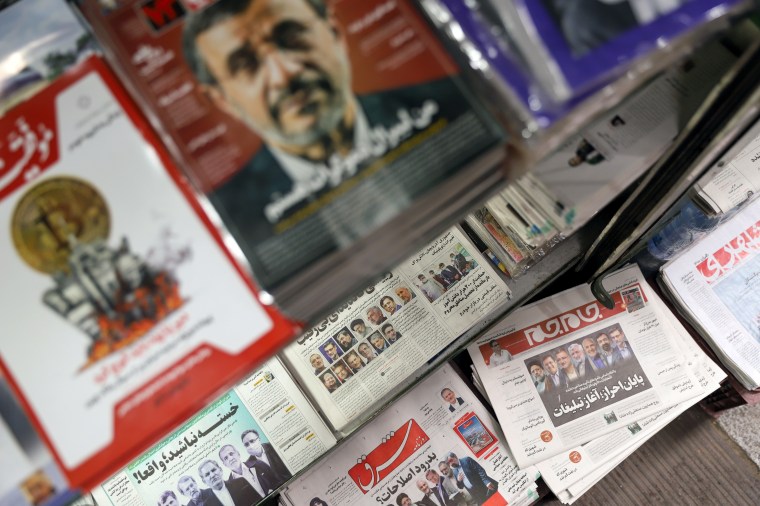On July 5, 2021, Judge Abbas Shaghaghi of Branch 6 of Tehran’s Media Court convicted four members of the press on criminal false news and defamation charges, according to reports by the exile-run news website IranWire and the semi-official Tasnim News Agency.
The court convicted Mizenaft managing director Hamid Hajipour, Naftema managing director Mehdi Ghadiri, and two others whose names were not released, according to those reports.
Mizenaft and Naftema are both state-run news websites that cover the energy sector, according to CPJ’s review of their content; the two other defendants were the managing director of Etelaterooz, another state-run energy news website, and a reporter at that outlet.
CPJ could not immediately determine the Etelaterooz defendants’ names; an email to the outlet seeking comment was not immediately returned.
According to IranWire, all three websites published stories on alleged corruption by Kamran Mehravar, one of the directors at Iran’s Ministry of Oil, who later filed a lawsuit against the websites and their managing directors. CPJ was unable to locate contact information for Mehravar; a person familiar with the convictions, who spoke to CPJ on the condition of anonymity, citing fear of reprisal, said that Mehravar is currently in prison.
CPJ was similarly unable to locate articles on Mizenaft, Naftema, or Etelaterooz’s websites covering alleged corruption by Mehravar.
The person who spoke to CPJ said that none of the four received any sentence as a result of the convictions.
“The judiciary is likely to keep case files against them open to intimidate them into silence every time they report on similar stories, particularly if an influential powerful official is involved,” they said.
CPJ called the office of the Tehran judiciary for comment, but no one answered. CPJ also emailed Naftema and Mizenaft for comment, but did not receive any replies.
